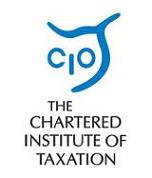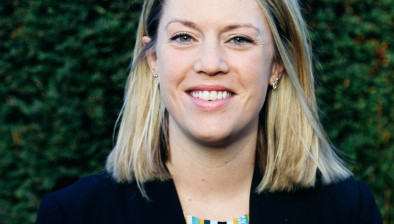CIOT: Property tax refund extension should include lockdown purchases

The Scottish Government should consider widening access to a temporary scheme extending the time available to claim a refund of its property tax surcharge to include transactions that have taken place during the coronavirus lockdown, according to the Chartered Institute of Taxation (CIOT).
Official figures published on Thursday by Revenue Scotland show that some property transactions took place in April, despite Scotland’s property market shutting down at the end of March.
Ten transactions were registered in April where buyers have said they intend to claim a refund of ADS, the 4% surcharge that is paid when a buyer still owns their main home. It is refunded if they then sell this home within a certain timeframe.
These buyers will not be able to benefit from a scheme agreed by MSPs this week to double the timeframe – from 18 to 36 months – for eligible taxpayers to sell their old home and claim a refund.
It will only apply to transactions that took place between 24 September 2018 and 24 March 2020 meaning that the few transactions that have taken place since then would be excluded from the extension.
It means that those taxpayers will only have 18 months from the date that they bought their new house to claim the refund. This is despite that fact that they are unlikely to make much progress until restrictions on housing moves are lifted as part of phase 2 of the country’s lockdown exit strategy.
A power contained in the Coronavirus (Scotland) (No.2) Bill gives Ministers the power to amend its emergency LBTT arrangements for coronavirus-related reasons.
The CIOT said there may be a case for widening the eligibility period to include the relatively small number of transactions completed during lockdown, giving affected taxpayers extra reassurance that they can benefit from this support.
John Cullinane, CIOT tax policy director, said: “These figures show that some house transactions continued in the days and weeks following the Coronavirus lockdown, albeit at much lower levels than would normally be the case.
“Ministers should consider bringing the few transactions that have taken place while the property market has been in lockdown within the scope of the emergency LBTT legislation so that it includes all transactions impacted by coronavirus.
“These taxpayers may have been trying to do the right thing by completing, rather than withdrawing from their transactions but as the market remains closed, they may struggle to make progress in selling their old home, effectively reducing the length of time they have to complete this sale. By contrast, those who have had since September 2018 to do the same will benefit from a doubling of the time they have to sell-up.
“Considering a time-limited extension covering the lockdown period would be a sensible and proportionate response that could alleviate some of the uncertainty currently associated with buying and selling a house.”
- Read all of our articles relating to COVID-19 here.










